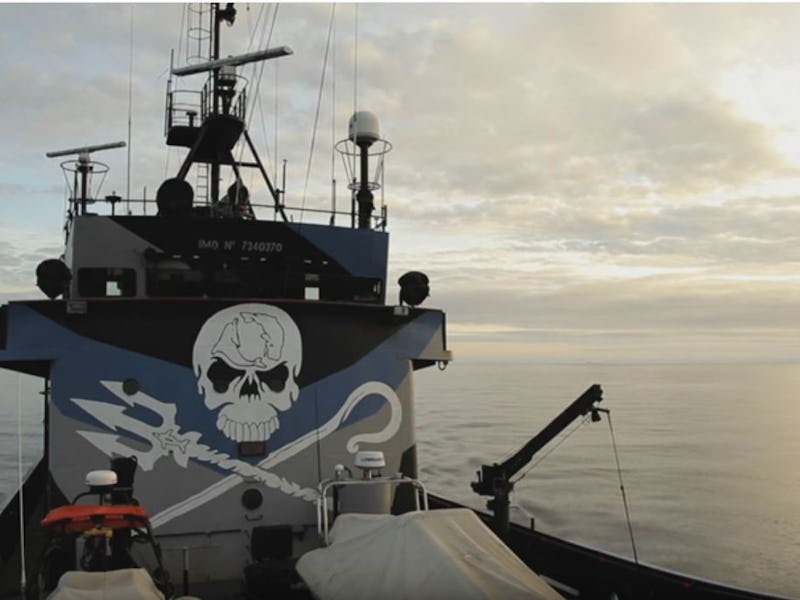Sea Shepherd Sets Sail to Defend Antarctic Fish From Poaching
Ugly fish get high seas defenders.

If Antarctic waters were an arm of the Star Wars galaxy, it’d be the Outer Rim: Mostly empty, beyond the reach of the law, home to characters of dubious morality. To these high seas has set sail Sea Shepherd — the conservation group led by Paul Watson. On Monday, Sea Shepherd ship Steve Irwin left Western Australia to combat illegal toothfish fishing by intercepting and generally irritating the poacher vessels Viking and Kunlun, as Sea Shepherd does with Japanese whalers.

Siddharth Chakravarty
This is the twelfth season of a Sea Shepherd Antarctic campaign, Operation Icefish. The ship, named in the wake of the crocodile hunter’s untimely death, is captained by Siddharth Chakravarty; in a statement accompanying the departure, Chakravarty described the Irwin as the “only proactive enforcement presence in Antarctica.”
Patagonian toothfish
Patagonian toothfish, also known as Dissostichus eleginoides and upon a time Chilean sea bass, look a bit like its cousin the cod but, as you can see above, uglier. They’re legally fished but take is heavily regulated; the Monterey Bay Aquarium’s consumer guide, Seafood Watch, rates Patagonian toothfish from “best” to “good” or “avoid,” depending on where the fish was caught. The story of the toothfish mirrors that of cod — what was once cheap and bountiful is now rare and comes with a high market price
The International Union for Conservation of Nature — the global body that declares species vulnerable or threatened — hasn’t assessed toothfish, likely because there’s so little information about the animals. Because illegal fishing is by definition unregulated, it makes studying the fish populations nigh impossible.
Sea Shepherd points out that these fishers use outlawed gillnets, which not only catch other species but can continue to wreak environmental havoc if they are cut loose.
Where there were six infamous toothfish ships in 2015, Sea Shepherd believes only two remain; Australian authorities boarded the Kunlun in February 2015, although they make arrests as crew were operating in international waters.